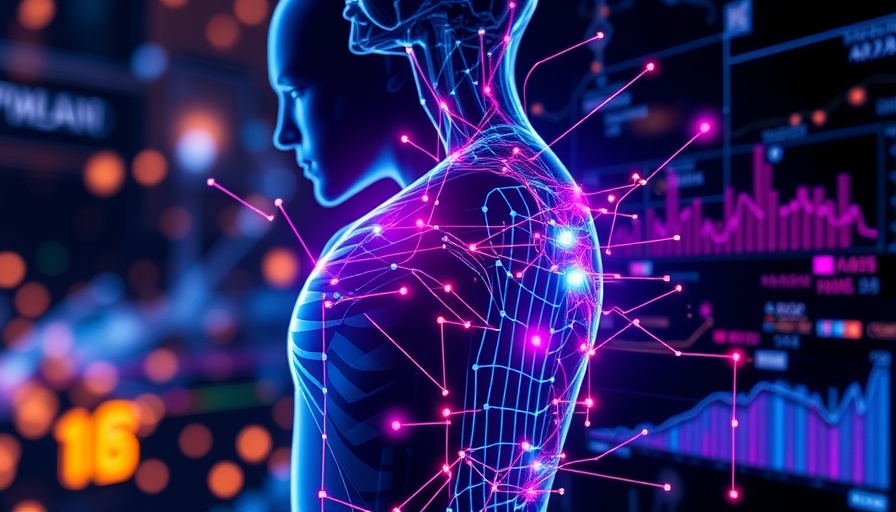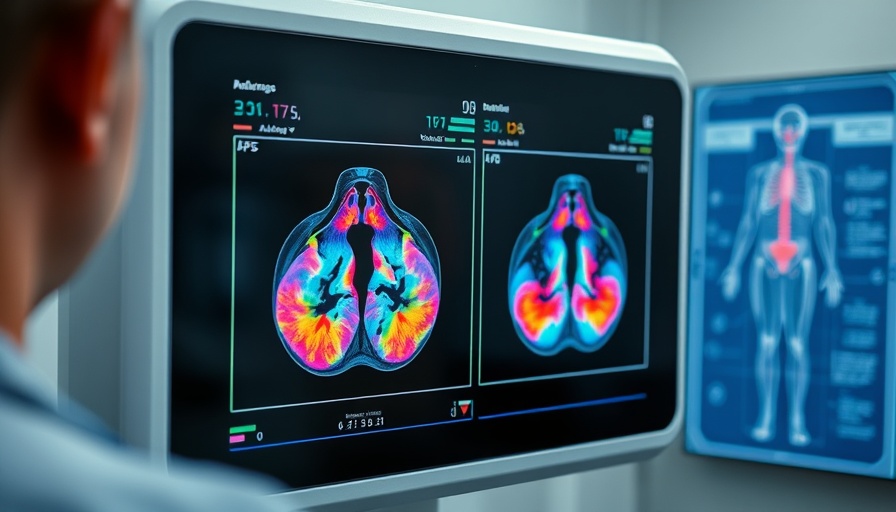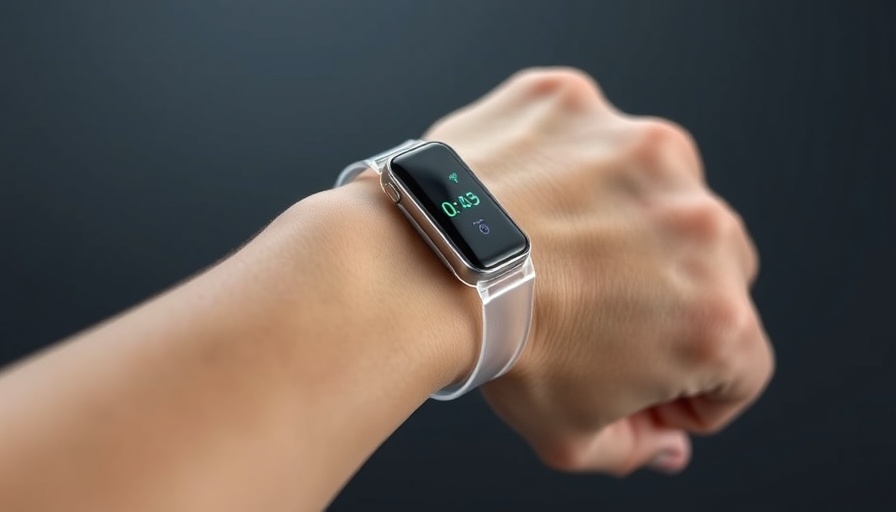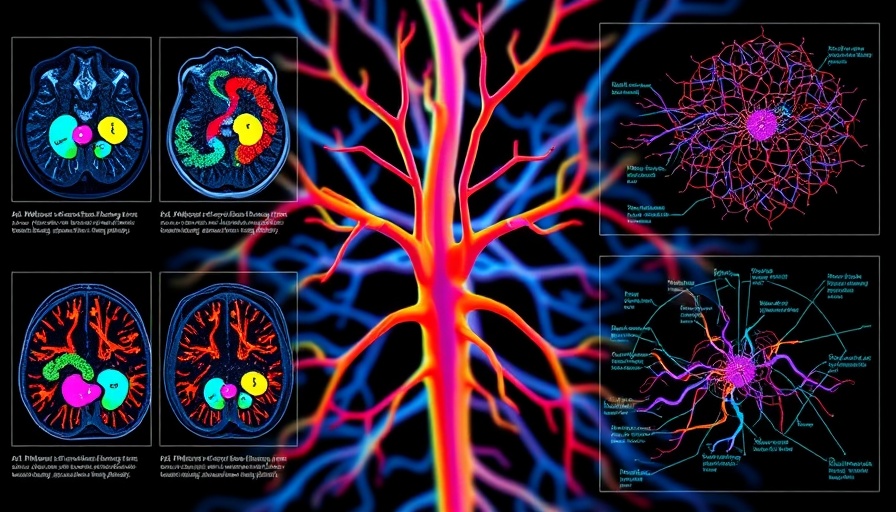
Revolutionizing Cancer Diagnostics: How AI and Light Are Changing the Game
In a transformative leap for medical diagnostics, researchers have developed a groundbreaking biosensor that uses light and artificial intelligence (AI) to detect cancer at its earliest stages. This state-of-the-art technology represents not just a significant advancement in the field of oncology but also offers a glimpse into the future of personalized patient care.
Understanding the Technology Behind the Biosensor
The biosensor operates by utilizing a sophisticated interplay between optical sensing techniques and machine learning algorithms. This allows for the identification of cancer biomarkers in patients’ blood samples with remarkable accuracy. Traditional methods for cancer diagnosis often rely on extensive and invasive procedures, marking the need for innovative solutions within medical practice.
The fusion of AI with light-based sensors is pivotal here. The AI algorithms analyze data gathered from light interactions with biological samples to detect molecular changes associated with cancer. This advanced diagnostic method can significantly reduce the time and costs involved in cancer detection, making it an invaluable tool for healthcare practitioners.
The Importance of Early Diagnosis
Early diagnosis of cancer is critical in improving patient outcomes. The earlier cancer is detected, the more treatment options are available, leading to higher survival rates. The implementation of this biosensor technology could mean earlier interventions for many patients, translating to better prognosis and reduced healthcare costs over time.
Social Connection: The Value to Patients and Practitioners
Healthcare practitioners, especially those working in concierge medicine or specializing in patient-centered care, will find this biosensor technology intriguing. It not only enhances diagnostic capabilities but also implies a shift towards more proactive health management. Physicians who embrace such innovations will likely strengthen doctor-patient relationships, enabling greater trust and a personalized healthcare experience.
Insights from Current Developments in Medical Technology
The advent of biosensors based on light and AI is only one facet of an evolving landscape in medical technology. Innovations such as telemedicine and wearable health tech have already set the tone for modern healthcare by empowering patients. Similarly, this biosensor technology is designed to promote an informed dialogue about health, prompting prompt action when necessary.
Future Predictions: The Path Ahead for Cancer Diagnostics
Looking ahead, we can anticipate several trends shaping cancer diagnostics. Integration of biosensors into routine healthcare protocols will likely lead to broader acceptance and implementation of AI-driven diagnostics in various settings. Additionally, continuous advancements in technology will facilitate even more precise and quicker analyses, ultimately making cancer screenings a standard practice.
Counterarguments: Challenges We Cannot Ignore
Despite the promising benefits of this new biosensor, challenges remain. Concerns surrounding data privacy, the accuracy of AI predictions, and the overall cost-effectiveness of widespread implementation must be addressed. Practitioners should weigh both the potential and the pitfalls of introducing this technology into clinical settings, keeping patient care at the forefront of any decision.
Practical Insights into Adoption
For concierge health practitioners interested in adopting this technology, understanding the operational aspects is crucial. Training and integration into existing workflows will be vital for successful implementation. Additionally, engaging with vendors and technology providers to ensure support and updates is essential to maintain the efficiency of these devices.
Final Thoughts: Embracing Innovation in Healthcare
The development of this biosensor signifies a monumental step toward enhancing patient care through early detection of cancer. By staying informed on the latest technological advancements like these, health practitioners can advocate for better health outcomes and become trusted leaders in their fields.
As a call to action, consider implementing new technologies to stay ahead in your practice. Staying abreast of innovations in cancer diagnostics will not only improve patient outcomes but also position your practice as a leader in healthcare.
 Add Row
Add Row  Add
Add 






Write A Comment